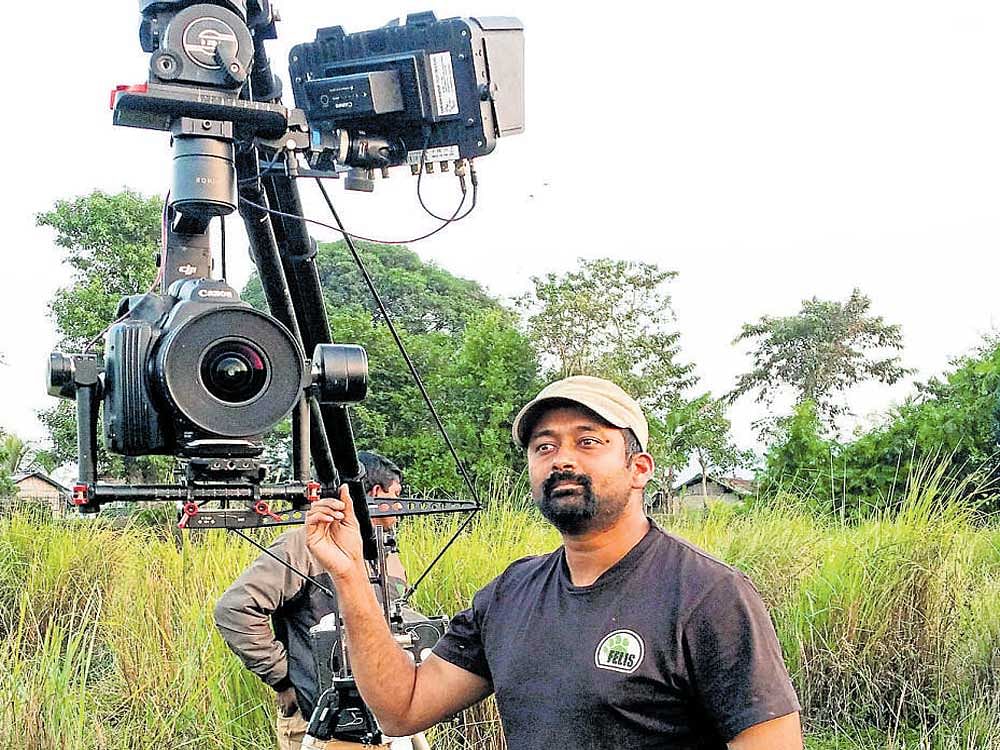
Cinematographer Sandesh Kadur sees the world from a very different angle. Through the use of images, both still and video, he exposes the need for conservation and encourages protection of the world’s biodiversity.
He has been the recipient of awards like the ‘Nature’s Best Award’, ‘International Conservation Photographer Award’, as well as twice being nominated for a ‘Green Oscar’ at Wildscreen. His camerawork has now been featured in the latest BBC documentary series ‘Planet Earth 2’. Sandesh conducted a cinematography workshop hosted by Canon on the occasion of World Environment Day. In a chat with Anushree Agarwal, he talks about his most interesting project, conservation efforts and more.
What are the different hats that you wear?
In this field, you have to be a person who does everything. I wear multiple hats, that of a cinematographer, producer, researcher editor, videographer and photographer. The aim of it all is to inspire people to bring about change and help conserve the environment.
The most interesting project you’ve worked on.
It was my most recent one, being a part of ‘Planet Earth 2’ by BBC. The big series took three to four years to finish and is one of my most amazing achievements. I was the only Indian cameraman on that international team so I felt extremely honoured and proud to be associated with the project. It was an incredible learning experience! It recently received the ‘BAFTA
Award’ for cinematography.
A message on conservation that you’d like to give out...
Conservation isn’t something that happens in isolation. People think they can just plant and protect trees but that’s not it. You can conserve through small changes in your everyday life. For instance, being conservative with electricity. Conservation begins at home.
A few things you’re practising at a personal level...
I haven’t been using plastic water bottles and plastic straws for years now. I used to love eating shrimp but then I found out how environmentally expensive it is to harvest it and how it impacts the coral reef. It’s the most wasteful of all the food industries. I just couldn’t continue eating it and then slowly left all seafood.
Your motivating force.
Being out in nature and just being a part of the natural world is a huge motivating factor. The fact that there’s always something new happening and you’re there to document something that people may have never seen before, is what excites me and keeps me going.
How do you relax?
It’s again getting back to nature, going on a hike or a trek, but without a camera in my hand, to just soak in and connect.